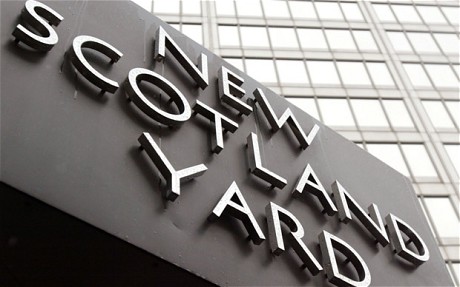John Gulliver: Court reports: time for state funding?
Defence case arguments getting lost in the rush for online clicks
Friday, 26th May 2023

How did “JA” get acquitted of murder? The young man walked free from the Old Bailey last week after being found not guilty by a jury after a four-week trial.
He had admitted to being at the murder of Adnan Saleh in a secluded cul-de-sac in Paddington last year, but his legal team successfully argued he did not take part in the attack or help arrange it.
The prosecution said JA – there is no need to name him – had with three co-defendants lured the victim to an alleyway where he was stabbed.
He later died in hospital after spending weeks in a coma. All four defendants were said to be members of the “Lisson Green Man gang”, from the Lisson Grove estate, and all had past convictions for violence, drugs or weapons offences.
JA’s acquittal appears to be an interesting example of how the law has changed on joint enterprise convictions in recent times.
But you will not find any mention of him in news reports about the case.
Why?
Because almost every criminal case court report published these days is a straight-up cut-and-paste job from a Met Police press release.
And the police do not like to let the media know when someone they have accused of murder is acquitted.
Try googling “Adnan Saleh murder” and you find dozens of stories – from the Evening Standard to Yahoo News and a litany of mind-deadening news aggregating websites – all reporting the exact same story, Met-word for Met-word, about “a violent trio” being convicted of a brutal knife murder.
There is no mention, for example, of the fourth young man facing perhaps 15 or 20 years in prison after being wrongly charged by the CPS.
Police press releases include mugshots and punchy quotes from detectives that can be uploaded online in a matter of minutes.
There are guaranteed clicks on any heavy crime case – who cares if it’s only half the story, right?
The future is looking worrying enough without the Met serving as the capital’s court reporters too.
Larger media organisations, who also no longer want to send reporters to sit through a weeks-long trial, do still pay for copy from court reporting agencies.
But these reporters will routinely turn up at the start of a hearing for the prosecution’s opening arguments.
That’s why you might see a story published online with a sensational headline like “Mother killed her children” with a mugshot picture of the accused – at the start of a trial and before any conviction is made.
And then they will return at the end to hear a judge’s summing up, and also the victim’s impact statement.
That’s what sells, after all. But when a conviction is overturned, the case is rarely reported with the same prominence or gusto.
It should worry us all that as properly equipped newspapers collapse all around us that legal defence arguments are being almost entirely lost in the public domain.
The only reason I came across the story of JA was because of a chance sighting of a statement posted on the Mountford Chambers website.
It had a link to an earlier talk by his barrister, Alan Kent KC, to fellow lawyers about how defence teams can argue against charges of “gang association”.
“Twenty years ago people always thought ‘well, that’s it’, once the jury knows my client has form – that’s, it he will be convicted’,” said Mr Kent.
“Happily, that does not happen anymore in gang cases.”
Perhaps we need some sort of state-funded court reporting service, which only covers defence cases? Case statements could be made easily accessible to certain accredited media.
Some semblance of balance is needed because the current system of press reporting of criminal cases comes across as massively biased and also toxically anti-defendant.
It nurtures a sense, prevalent I think in modern life, that everyone who faces trial wouldn’t be there unless they had done something wrong.
